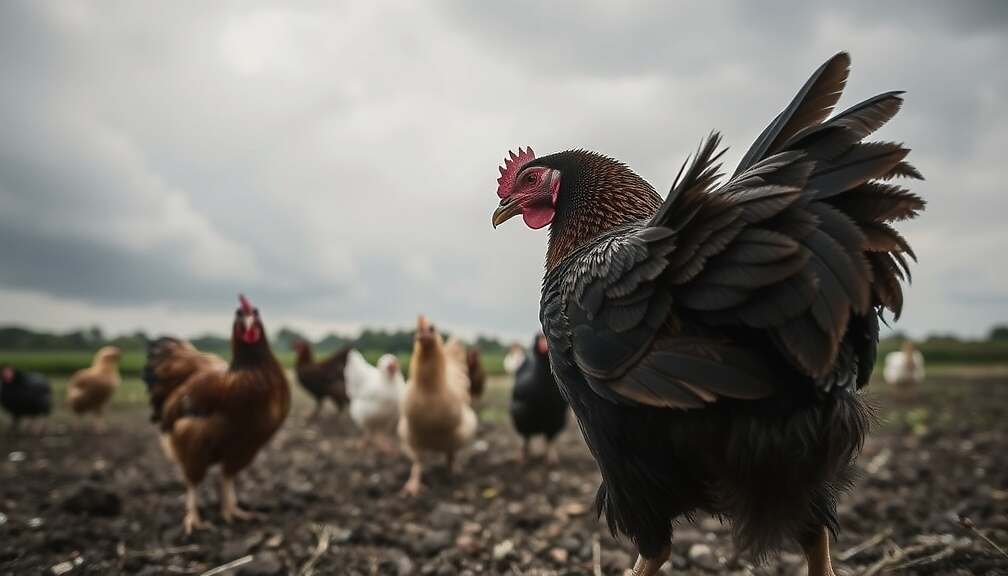The Saarland region of Germany has declared a mandatory housing order for all poultry, effective Thursday, in response to an outbreak of avian influenza detected in a wild bird population. The announcement, made Wednesday by the state’s Consumer Protection Agency, represents a swift escalation of preventative measures following the official confirmation of the virus within the municipality of Eppelborn on Monday.
The stringent new regulations necessitate that all poultry – including chickens, turkeys and ducks – be kept in enclosed facilities or under specifically designed protective structures. Furthermore, all events involving birds, regardless of prior approval status, are now prohibited across the entire Saarland.
While authorities emphasize the urgency of preventing the virus’s spread to commercial poultry farms and minimizing potential economic repercussions, the sudden implementation of the housing order has already drawn criticism. Some local poultry farmers have voiced concerns regarding the logistical challenges and potential financial strain imposed by the regulations, particularly those operating smaller, free-range farms.
Legal challenges to the administrative order, which mandates the housing directive, are permitted within a one-month window, with appeals filed through the Saarlouis Administrative Court. The substantial fines – potentially reaching €30,000 – for violating the order underscore the government’s commitment to enforcement and signal an increasingly restrictive approach to managing the ongoing avian influenza crisis.
Experts are now questioning whether the preventative measures are sufficient given the increasingly unpredictable migratory patterns of wild birds, exacerbated by climate change. This incident highlights a broader vulnerability in Germany’s biosecurity protocols and prompts a critical examination of long-term strategies beyond temporary housing mandates to mitigate the escalating threat posed by avian influenza.












